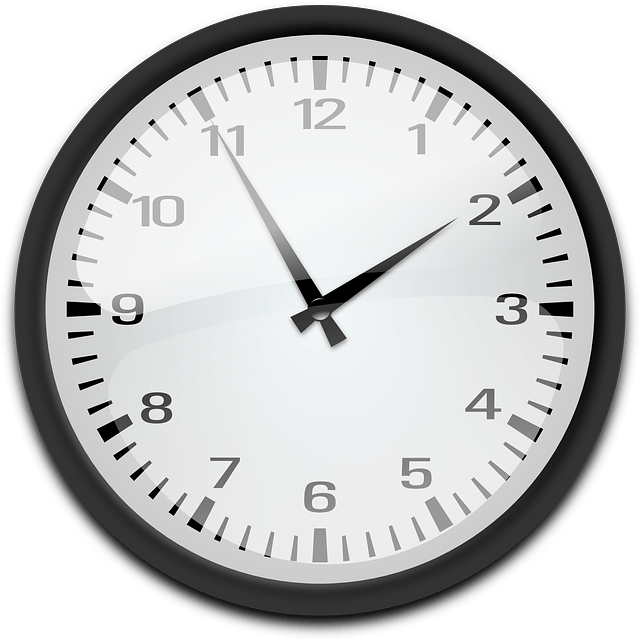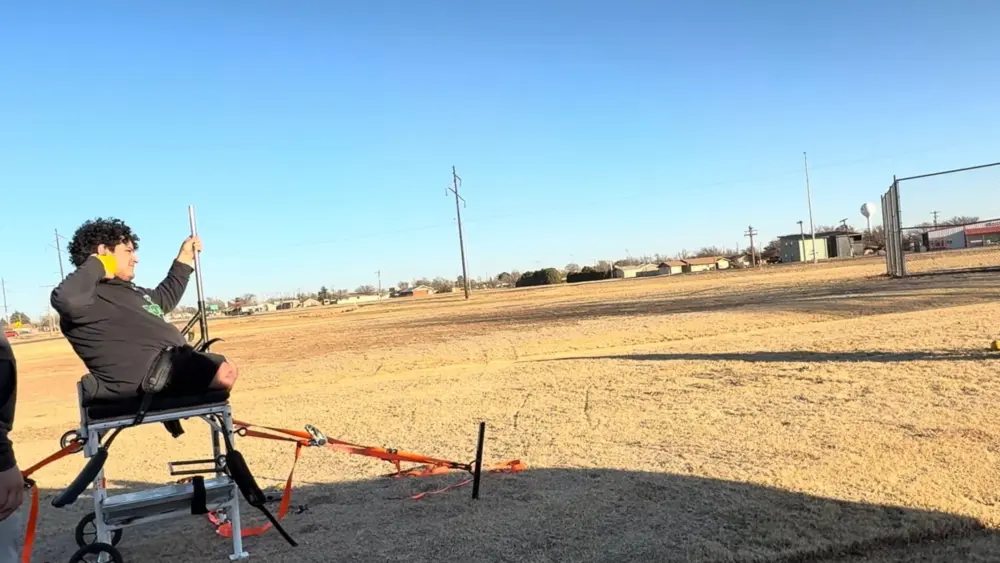
Image by OpenClipart-Vectors from Pixabay
Though most clocks today will automatically do this for you. it might be a good idea to check Sunday morning before leaving for church that you arrive on time. Daylight Saving Time (DST) officially ends for 2021 at 2:00 am on Sunday when all clocks will “fall” back one hour. In essence, Sunday will have 25 hours instead of the normal 24 during the day and results in an extra hour of perceived sleep.
Though Ben Franklin is often credited with the idea of DST, the modern-day use of the idea is the George Hudson of New Zealand in 1895, and Englishman William Willett in 1905.
It’s a common oversight, but a gentle reminder that the proper term is “saving” time, not “savings” time.
In today’s modern society where communications are globally-based, the idea behind the time change for energy savings falls flat. However, for Hudson and Willett’s focus, it still serves its initial purpose – providing more time during the summer to enjoy outdoor activities after the workday.
Either way, make sure your clocks are turned back one hour before going to bed Saturday night and enjoy not having to reset a clock until next March 13 (2022).
The following is an excerpt from Wikipedia referring to states that have wanted to enact year-round use of Daylight Saving Time.
In the United States, the Florida, Washington, California, and Oregon legislatures have all passed bills to enact permanent DST, but the bills require Congressional approval in order to take effect. Maine, Massachusetts, New Hampshire, and Rhode Island have also introduced proposals or commissions to that effect. Although 26 states have considered making DST permanent, unless Congress changes federal law, states cannot implement permanent DST—states can only opt out of DST, not standard time




